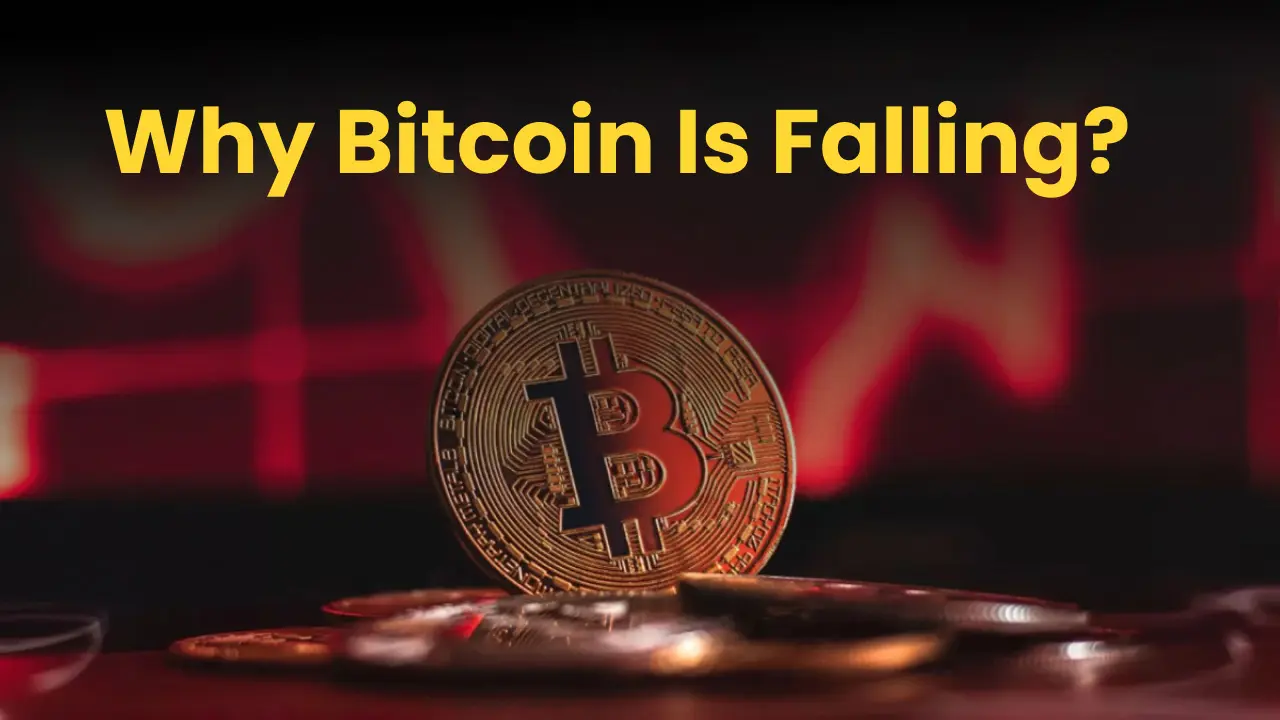简体中文
繁體中文
English
Pусский
日本語
ภาษาไทย
Tiếng Việt
Bahasa Indonesia
Español
हिन्दी
Filippiiniläinen
Français
Deutsch
Português
Türkçe
한국어
العربية
Coinbase Under Scrutiny Amid Wrapped Bitcoin Delisting Controversy
Abstract:Coinbase has come under fire after announcing its decision to delist Wrapped Bitcoin (wBTC), a move critics claim could be driven by competitive interests. The delisting, set to take effect on 19 December, has sparked allegations of market manipulation and concerns about fairness in the cryptocurrency ecosystem.

Coinbase has come under fire after announcing its decision to delist Wrapped Bitcoin (wBTC), a move critics claim could be driven by competitive interests. The delisting, set to take effect on 19 December, has sparked allegations of market manipulation and concerns about fairness in the cryptocurrency ecosystem.
The controversy centres around BiT Global, a key player in the wBTC market. Following Coinbase's announcement, BiT Global accused the platform of using the delisting to undermine wBTC and bolster the adoption of its own Bitcoin wrapper, Coinbase Wrapped Bitcoin (cbBTC). According to BiT Global, Coinbases actions are designed to “eliminate its largest and most influential competitor,” thereby forcing investors to adopt cbBTC instead.
Coinbase, however, has strongly refuted these allegations. In a statement, the company insisted that the decision to remove wBTC was solely based on its asset review process. Coinbase emphasised that all listed assets must independently comply with its stringent listing standards, adding that wBTC no longer met these requirements. The platform dismissed claims of ulterior motives, stating that the delisting was unrelated to cbBTCs market performance.

Wrapped Bitcoin products like wBTC and cbBTC play a pivotal role in decentralised finance (DeFi) ecosystems. They enable Bitcoin to function on other blockchain networks, increasing its utility in DeFi applications. Despite the ongoing dispute, wBTC remains the most widely adopted Bitcoin wrapper, boasting over $14 billion in total value locked (TVL). Meanwhile, cbBTC, which was launched by Coinbase in September, has gained traction rapidly, amassing $1.5 billion in TVL to date.
The decision to delist wBTC also comes amidst broader concerns about its custodian, BitGo. The firms partnership with BiT Global has attracted scepticism within the crypto community, partly due to the involvement of Justin Sun, a figure often associated with controversy. Some rivals, including the team behind Threshold, another Bitcoin wrapper, have raised concerns about potential mismanagement of collateral in projects tied to Sun.
The timing of Coinbases decision adds another layer of intrigue. It coincides with reports that Coinbase CEO Brian Armstrong is scheduled to meet President-elect Donald Trump to discuss possible “personnel appointments.” Recent cabinet selections by Trump have signalled a pro-crypto stance, with high-profile appointments such as Robert F. Kennedy as Secretary of Health and Human Services and Elon Musk and Vivek Ramaswamy leading the Department of Government Efficiency. These figures are known for advocating crypto-friendly policies, fuelling speculation about the future of cryptocurrency regulation in the United States.
As the dispute unfolds, the crypto community is closely watching the impact of Coinbases decision on both wBTC and cbBTC. The controversy highlights the challenges of maintaining transparency and fair competition in the rapidly evolving digital asset space. Whether the delisting will ultimately reshape the dynamics of the Bitcoin wrapper market remains to be seen, but the situation underscores the importance of accountability and trust in the cryptocurrency industry.

Disclaimer:
The views in this article only represent the author's personal views, and do not constitute investment advice on this platform. This platform does not guarantee the accuracy, completeness and timeliness of the information in the article, and will not be liable for any loss caused by the use of or reliance on the information in the article.
Read more

INZO Broker No Deposit Bonus: A 2025 Deep Dive into Its Offers and Risks
Traders looking for an "inzo broker no deposit bonus" should understand an important difference. While this term is popular, our research shows that the broker's current promotions focus on a $30 welcome bonus and a 30% deposit bonus, rather than a true no-deposit offer. A no-deposit bonus usually gives trading funds without requiring any capital from the client first. In contrast, welcome and deposit bonuses often have rules tied to funding an account or meeting specific trading amounts before profits can be taken out. This article gives a complete, balanced look at INZO's bonus structure, how it operates, and the major risks shown by real trader experiences. Read on!

Uniglobe Markets Review 2025: A Complete Guide to an Unregulated Broker
Uniglobe Markets claims to be an online trading company that offers many different types of investments, including foreign currency and raw materials. The company tries to attract traders by offering high leverage, different account options, and popular MetaTrader trading software. However, there is one major problem: the company does not have proper regulatory oversight. This creates serious concerns about the safety of clients’ capital and whether the company operates honestly. Read on to learn more about its regulatory status.

Russian crypto millionaire couple found dismembered and buried in Dubai desert
A gruesome case has emerged involving a Russian couple living in the United Arab Emirates who went missing in early October and whose remains were recently discovered in a desert near Dubai. Roman Novak, a self-styled cryptocurrency “millionaire”, and his wife Anna had last been seen travelling to a supposed investor meeting in the UAE, but according to investigators were instead abducted and murdered after a ransom plot failed.

Why Bitcoin Is Falling?
Bitcoin (BTC) plunged to $104,288 on Tuesday, extending its decline for a second consecutive session and breaking below the critical 200-day moving average. The selloff follows the worst October in a decade.
WikiFX Broker
Latest News
Moomoo Singapore Opens Investor Boutiques to Strengthen Community
OmegaPro Review: Traders Flood Comment Sections with Withdrawal Denials & Scam Complaints
An Unbiased Review of INZO Broker for Indian Traders: What You Must Know
BotBro’s “30% Return” Scheme Raises New Red Flags Amid Ongoing Fraud Allegations
The 5%ers Review: Is it a Scam or Legit? Find Out from These Trader Comments
WikiEXPO Dubai 2025 Concludes Successfully — Shaping a Transparent, Innovative Future
Admirals Cancels UAE License as Part of Global Restructuring
Forex Expert Recruitment Event – Sharing Insights, Building Rewards
2 Malaysians Arrested in $1 Million Gold Scam Impersonating Singapore Officials
Exness Broker Expands in South Africa with Cape Town Hub
Currency Calculator



